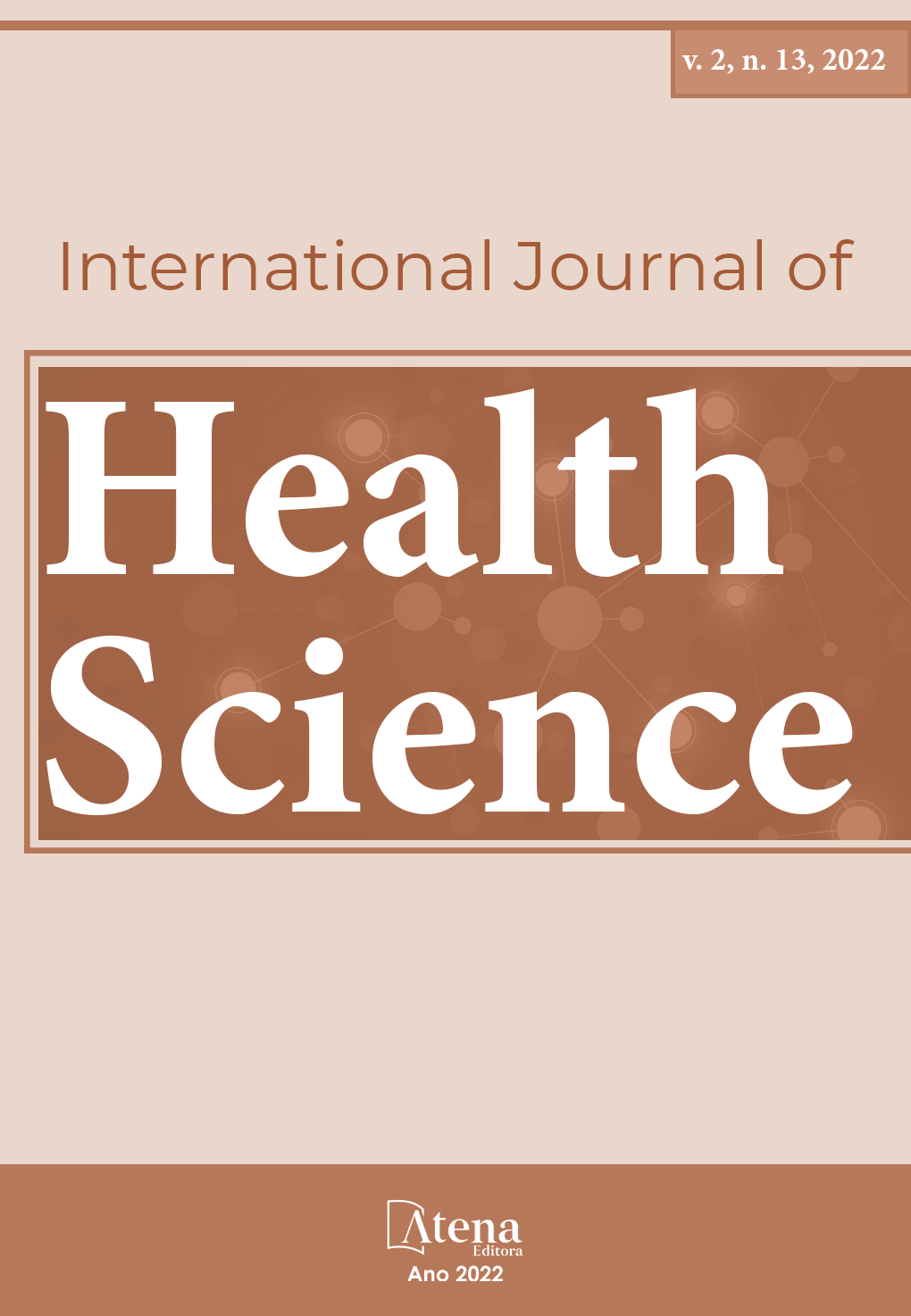
THE CATEGORIZATION OF THE LEXICAL ITEM OBESITY BETWEEN EUTROPHIC AND NON-EUTROPHIC UNIVERSITY STUDENTS
The present article sought to verify how people conceptualize and categorize exemplary obesity and what they associate this word with according to their life experience. The study was qualitative, quantitative, descriptive, cross-sectional, with non-probabilistic convenience sampling, carried out in the city of Fortaleza, Ceará, among university students, aged between 19 and 59 years, of both sexes, enrolled in the nutrition course. A semi-structured questionnaire was applied, initially composed of questions related to socioeconomic data and anthropometric data, then composed of three subjective questions regarding Obesity. The method adopted in the investigation was the hypothetical-deductive one. It was observed that there is a difference between the opinion of each person in relation to the words that came to their minds on the topic of Obesity, and there are no similarities between the expressions of each group, which leads to the inference that nutritional status may have relationship with the perception of Obesity of each individual in this research. We can conclude that the objectives of the study were achieved, and it was shown that the expressions on the subject present a distinction between each group of nutritional status.
THE CATEGORIZATION OF THE LEXICAL ITEM OBESITY BETWEEN EUTROPHIC AND NON-EUTROPHIC UNIVERSITY STUDENTS
-
DOI: 10.22533/at.ed.1592132203036
-
Palavras-chave: Lexical item; Obesity; College students.
-
Keywords: Lexical item; Obesity; College students.
-
Abstract:
The present article sought to verify how people conceptualize and categorize exemplary obesity and what they associate this word with according to their life experience. The study was qualitative, quantitative, descriptive, cross-sectional, with non-probabilistic convenience sampling, carried out in the city of Fortaleza, Ceará, among university students, aged between 19 and 59 years, of both sexes, enrolled in the nutrition course. A semi-structured questionnaire was applied, initially composed of questions related to socioeconomic data and anthropometric data, then composed of three subjective questions regarding Obesity. The method adopted in the investigation was the hypothetical-deductive one. It was observed that there is a difference between the opinion of each person in relation to the words that came to their minds on the topic of Obesity, and there are no similarities between the expressions of each group, which leads to the inference that nutritional status may have relationship with the perception of Obesity of each individual in this research. We can conclude that the objectives of the study were achieved, and it was shown that the expressions on the subject present a distinction between each group of nutritional status.
-
Número de páginas: 12
- Maria Rayane Matos de Sousa
- Gerliane Ferreira do Nascimento
- Raquel do Carmo Rodrigues
- Wallacy Ramon Pinheiro da Rocha
- Sandra dos Santos Silva
- Maria Luiza Lucas Celestino
- Ianara Pereira Rodrigues
- Francisca Andressa Rabelo da Silva França
- Antonia Ingred da Silva Monteiro
- Brenda da Silva Bernardino
- Camila Araújo Costa Lira
- Andreson Charles de Freitas Silva


